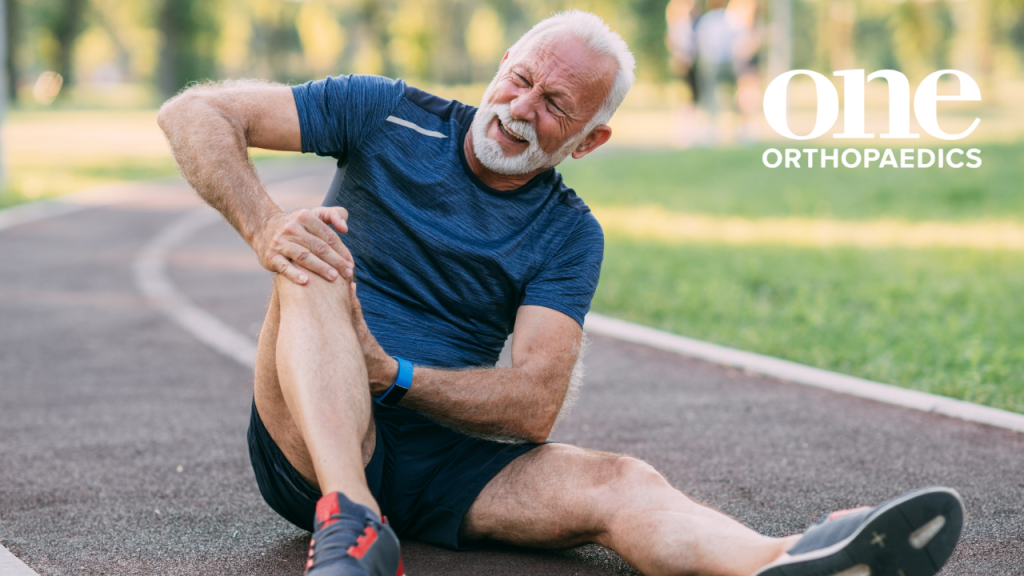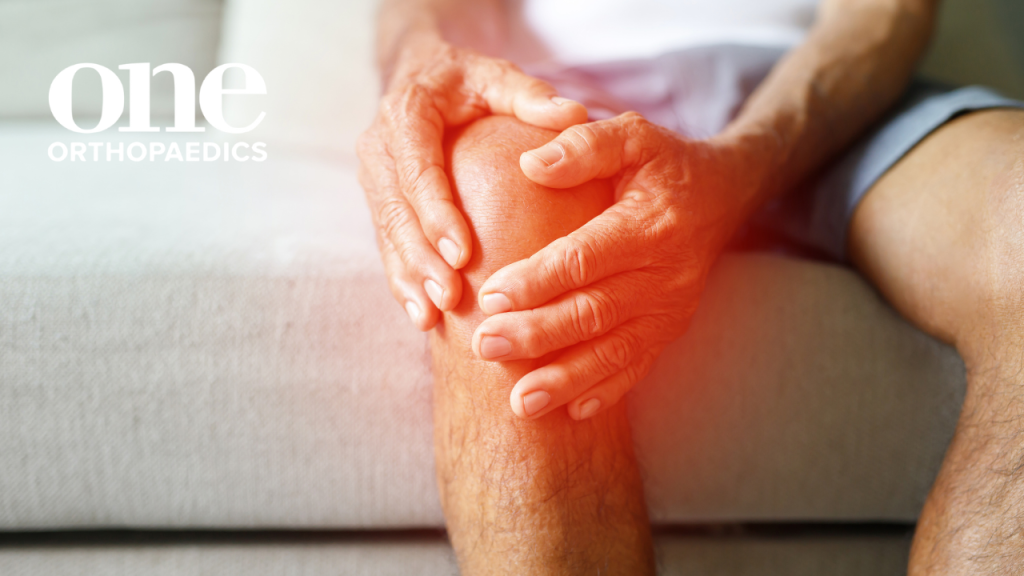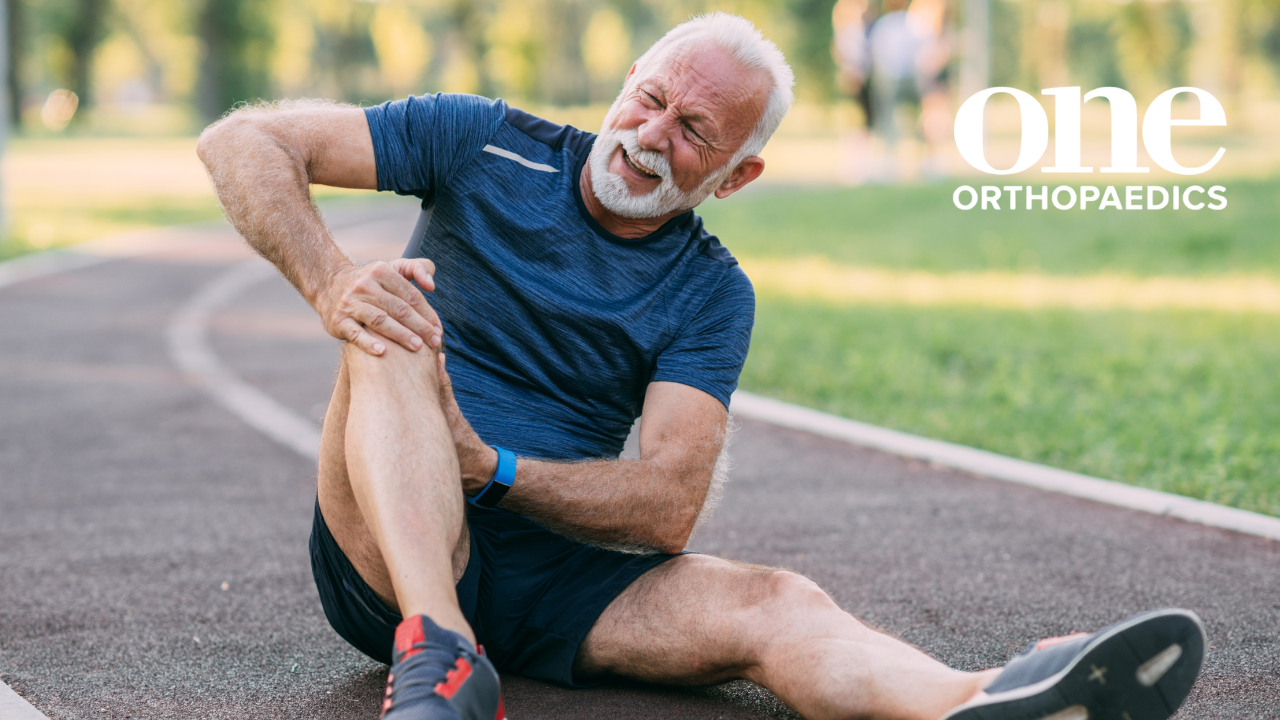If you are struggling with long-standing knee pain that has not improved through rest, physiotherapy or medication, you may be considering more advanced treatment options. One increasingly popular solution is PRP treatment for knee pain, which involves using a concentrated portion of your own blood to promote healing in damaged tissues. This regenerative technique has gained attention among patients in Surrey who want to avoid surgery or reduce the need for long-term medication. Whether your pain stems from arthritis, a tendon issue or a previous injury, PRP could offer a natural and effective way to manage your symptoms.

What Is PRP Treatment For Knee Pain and How Does It Work?
Platelet-rich plasma (PRP) is a therapy that uses a portion of your own blood to accelerate healing. Blood contains red cells, white cells, plasma and platelets, and it is the platelets that release growth factors which help with tissue repair. In a PRP procedure, a small amount of blood is drawn from your arm, then spun in a centrifuge to separate the platelets and plasma from other components. This enriched solution is injected into the site of injury to support healing where it is needed most.
PRP treatment for knee pain is often used to target inflammation and degeneration in ligaments, tendons and the joint itself. While steroid injections are commonly used for short-term pain relief, PRP aims to promote long-term healing by stimulating the body’s own recovery processes. Many patients are searching for what is PRP treatment for knee pain and are reassured to learn that this method is both minimally invasive and based entirely on their own biology.
Conditions Treated with PRP Treatment in the Knee
PRP injections are most commonly used when conservative measures such as physiotherapy, rest or pain relief have not brought lasting results. Patients often explore PRP treatment after dealing with persistent discomfort for months or even years. Conditions that typically respond well to PRP include early to moderate osteoarthritis, tendon and ligament injuries, meniscal degeneration and chronic inflammation that does not improve with time.
At our clinic in Surrey, we often use PRP treatment as part of an integrated treatment plan for patients with knee problems that limit their daily function or prevent them from staying active. By injecting concentrated growth factors directly into the affected area, PRP treatment can help reduce pain, improve movement and slow down the progression of joint degeneration. It may also delay or reduce the need for surgical intervention, especially in cases where the damage is not yet advanced.
What to Expect During PRP Treatment for Knee Pain
PRP treatment for knee pain is a straightforward outpatient procedure that usually takes no more than thirty minutes. After a small amount of blood is taken from a vein in your arm, it is placed into a centrifuge machine to separate the platelets from the other blood cells. This concentrated solution is then carefully injected into the knee joint or into the area surrounding the injured tissue.
Following the injection, you will be asked to rest briefly. A sterile dressing will be applied to the injection site and should be kept clean and dry for the first 48 hours. Most people are able to drive themselves home afterwards, although we recommend having someone accompany you, particularly if it is your first experience with the treatment or if both knees are being injected. You should not need to take time off work unless your job involves strenuous physical activity, in which case modified duties may be advised for a short period.
Aftercare and Recovery of PRP Treatment for Knee Pain
After the procedure, it is normal for the area to feel slightly numb due to the local anaesthetic used. Some patients experience a mild increase in discomfort or stiffness for 24 to 48 hours, which is a common part of the healing response. Paracetamol can be taken to ease any soreness, but it is important to avoid anti-inflammatory medications such as ibuprofen, diclofenac or naproxen, as these can interfere with the effect of the PRP.
Using an ice pack for twenty minutes every few hours during the first day or two can help reduce swelling. You should avoid heavy lifting, squatting or any repetitive knee movements that previously caused pain. Light day-to-day activities are allowed, but rest is encouraged for the first four weeks to give the knee the best chance to respond to treatment. Most patients begin to feel improvement within four to six weeks, with benefits continuing for many months. The effects of PRP often last a year or longer, depending on the condition being treated and the individual’s level of activity.
How Much Is PRP Treatment for Knee Pain?
If you are comparing services and looking for transparent information about PRP treatment for knee pain cost, we encourage you to contact our Surrey clinic. Pricing varies depending on the number of injections required, whether ultrasound guidance is used, and whether follow-up physiotherapy is included in your care. In general, PRP is significantly more affordable than joint surgery and can be a cost-effective option for those seeking longer-lasting results without invasive procedures.

Risks and Considerations of PRP Treatment
As with any medical procedure, PRP knee treatment carries some potential risks, although these are generally low. Possible side effects include temporary swelling, discomfort or bruising at the injection site. There is also a very small risk of infection, skin discolouration or nerve irritation. Because the injection uses your own blood, the chance of an allergic reaction is extremely low. In rare cases, some patients may not experience any improvement or may find that symptoms worsen before they improve.
Before undergoing PRP, we will assess your suitability and talk you through the expected outcomes. Follow-up appointments are arranged within two to three weeks of treatment to review your progress and, if needed, begin a tailored physiotherapy programme to support your recovery and strengthen the surrounding tissues.
Book Your PRP Treatment Consultation in Surrey
If you are living with ongoing knee discomfort and want to avoid surgery or long-term medication, PRP treatment for knees may offer a natural, low-risk way to support healing and regain movement. At our specialist orthopaedic clinic in Surrey, we offer expert consultation, clear pricing and a personalised approach to every patient’s care plan. Whether you are recovering from an injury, managing arthritis, or simply exploring your options, we are here to help. Contact us today to book your PRP consultation and find out how this regenerative treatment could reduce your pain, improve your quality of life and help you move with confidence again.
To find out more about PRP treatments in Guildford, click here.




